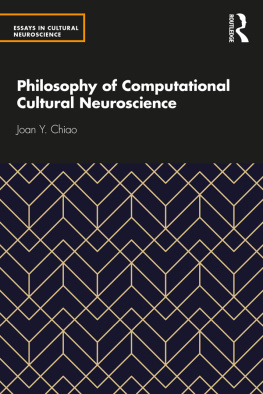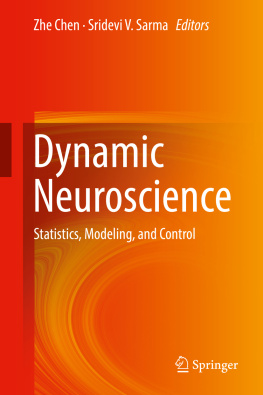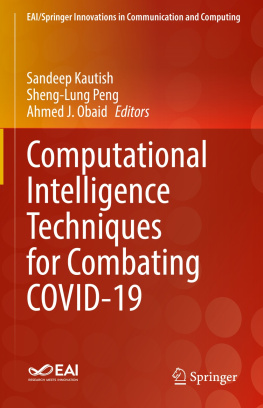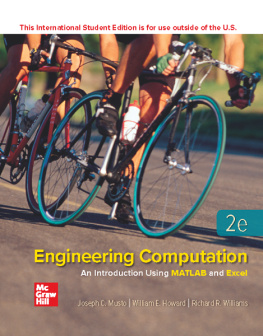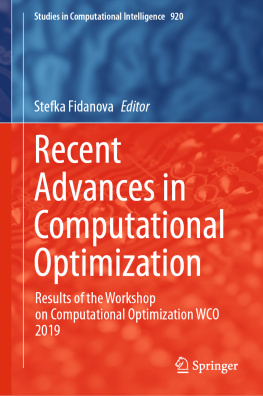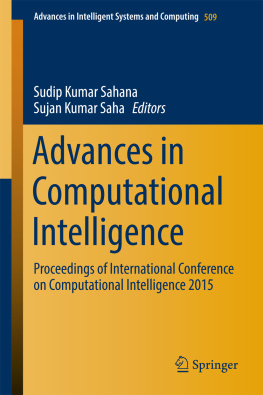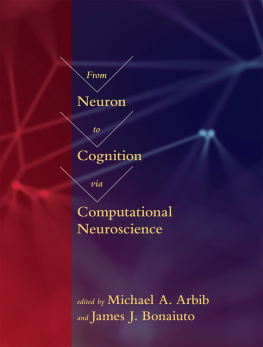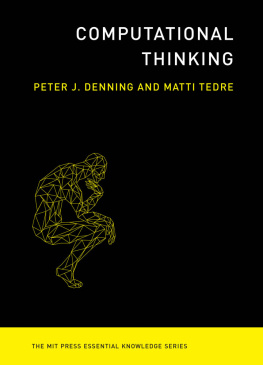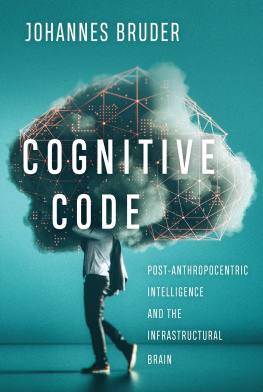Philosophy of Computational Cultural Neuroscience
This book aims to illuminate theoretical and methodological advances in computational cultural neuroscience and the implications of these advances for philosophy. Philosophical studies in computational cultural neuroscience introduce core considerations such as culture and computation, and the role of scientific and technological progression for the advancement of cultural processes.
The study of how cultural and biological factors shape human behavior has been an important inquiry for centuries, and recent advances in the field of computational cultural neuroscience allow for novel insights into the computational foundations of cultural processes in the structural and functional organization of the nervous system. The author examines the computational foundations of the mind and brain across cultures and investigates the influence of culture on the computational mind and brain. The book explores recent advances in the field, providing novel insights on topics such as artificialism, reconstructionism, and intelligence.
Philosophy of Computational Cultural Neuroscience is fascinating reading for students and academics in the field of neuroscience who wish to take a cultural or philosophical approach to their studies and research.
Joan Y. Chiao is the Director of the International Cultural Neuroscience Consortium. She received her Ph.D. from Harvard University in Psychology and B.S. with Honors from Stanford University in Symbolic Systems.
Essays in Cultural Neuroscience
Series Editor: Joan Y. Chiao
https://www.routledge.com/Essays-in-Cultural-Neuroscience/book-series/ECN
Essays in Cultural Neuroscience showcases scholarly work over a wide range of areas taking a cultural neuroscientific approach. The series is designed to highlight foundations of the fields for interdisciplinary discovery that contribute to our understanding of the neurobiological bases of culture and the mutual construction of culture and neurobiology across evolutionary and developmental timescales. Themes and topics in cultural neuroscience may include a range of cross-disciplinary perspectives, including ethical, scientific, and philosophical issues related to the study of the neurobiological bases of cultural processes. Books are designed to examine the systematic study of theoretical principles, methodological approaches, and empirical paradigms in the fields, including developmental and evolutionary perspectives. This is fascinating reading for students, researchers, and academics across a range of disciplines, including psychology, neuroscience, cultural studies, sociology, and the social sciences more generally.
Also in this series:
Philosophy of Computational Cultural Neuroscience
Joan Y. Chiao
Philosophy of Computational Cultural Neuroscience
Joan Y. Chiao

First published 2021
by Routledge
52 Vanderbilt Avenue, New York, NY 10017
and by Routledge
2 Park Square, Milton Park, Abingdon, Oxon, OX14 4RN
Routledge is an imprint of the Taylor & Francis Group, an informa business
2021 Taylor & Francis
The right of Joan Y. Chiao to be identified as author of this work has been asserted by her in accordance with sections 77 and 78 of the Copyright, Designs and Patents Act 1988.
All rights reserved. No part of this book may be reprinted or reproduced or utilized in any form or by any electronic, mechanical, or other means, now known or hereafter invented, including photocopying and recording, or in any information storage or retrieval system, without permission in writing from the publishers.
Trademark notice: Product or corporate names may be trademarks or registered trademarks, and are used only for identification and explanation without intent to infringe.
Library of Congress Cataloging-in-Publication Data
Names: Chiao, Joan Y., author.
Title: Philosophy of computational cultural neuroscience / Joan Chiao.
Description: New York, NY : Routledge, 2020. |
Includes bibliographical references and index.
Identifiers: LCCN 2020014242 (print) | LCCN 2020014243 (ebook) |
ISBN 9780367347505 (hardback) | ISBN 9780367347512 (paperback) |
ISBN 9780429327674 (ebook)
Subjects: LCSH: Computational neuroscience. |
Cognition and culture. | Philosophy of mind.
Classification: LCC QP355.2 . C465 2020 (print) |
LCC QP355.2 (ebook) | DDC 612.8/233dc23
LC record available at https://lccn.loc.gov/2020014242
LC ebook record available at https://lccn.loc.gov/2020014243
ISBN: 978-0-367-34750-5 (hbk)
ISBN: 978-0-367-34751-2 (pbk)
ISBN: 978-0-429-32767-4 (ebk)
Typeset in Bembo
by Newgen Publishing UK
Contents
The goal of this book is to introduce philosophical questions that are of core consideration for theoretical, methodological, and empirical approaches in computational cultural neuroscience. The study of how cultural and biological factors shape human behavior has been an important inquiry for centuries. Theoretical, methodological, and empirical foundations in computational cultural neuroscience introduce themes and topics in philosophy at the intersection of areas of the mind and science. Philosophical consideration of the concepts and language of computational cultural neuroscience provides insight into fundamental inquiry of the nature of the mind and the structure of science.
The book is primarily aimed at undergraduate students, graduate students who are studying or faculty who are teaching in philosophy, psychology, neuroscience, or related interdisciplinary courses in computational cultural neuroscience.
The author is grateful to her early mentors for their intellectual interest and support of her work. She is grateful to Nalini Ambady, Jennifer Eberhardt, John Gabrieli, Alexandra Golby, Hazel Markus, and Robert Zajonc of Stanford University, Matthew Lieberman of University of California Los Angeles, Ken Nakayama and Dan Schacter of Harvard University, and Tetsuya Iidaka of Nagoya University for their guidance and encouragement. She is also grateful to Peter Godfrey-Smith, Daphne Kohler, Eric Roberts, Kenneth Taylor, and Tom Wasow of Stanford University for their thoughtful tutelage and encouragement of interdisciplinary studies.
She is with gratitude for her colleagues, Pamela Collins, Beverly Pringle, and Su Yeon Lee-Tauler from the National Institutes of Health for their forbearance and insight. She is also grateful to Tokiko Harada of Hiroshima University, Yoko Mano and Norihiro Sadato of the National Institute for Physiological Sciences, and Jack von Honk of Utrecht University for their intellectual and scientific commitment to international collaboration and international cooperation.
Philosophy of Computational Cultural Neuroscience examines the philosophical foundations of computational cultural neuroscience. Computational cultural neuroscience is a field of study that examines the computational approaches to the study of cultural processes in the structural and functional organization of the nervous system. Theoretical and methodological approaches in computational cultural neuroscience provide the conceptual and empirical tools for understanding the computational principles that guide cultural processes of the brain. Philosophical themes and topics in computational cultural neuroscience inform classic questions in philosophy of mind and philosophy of science.

